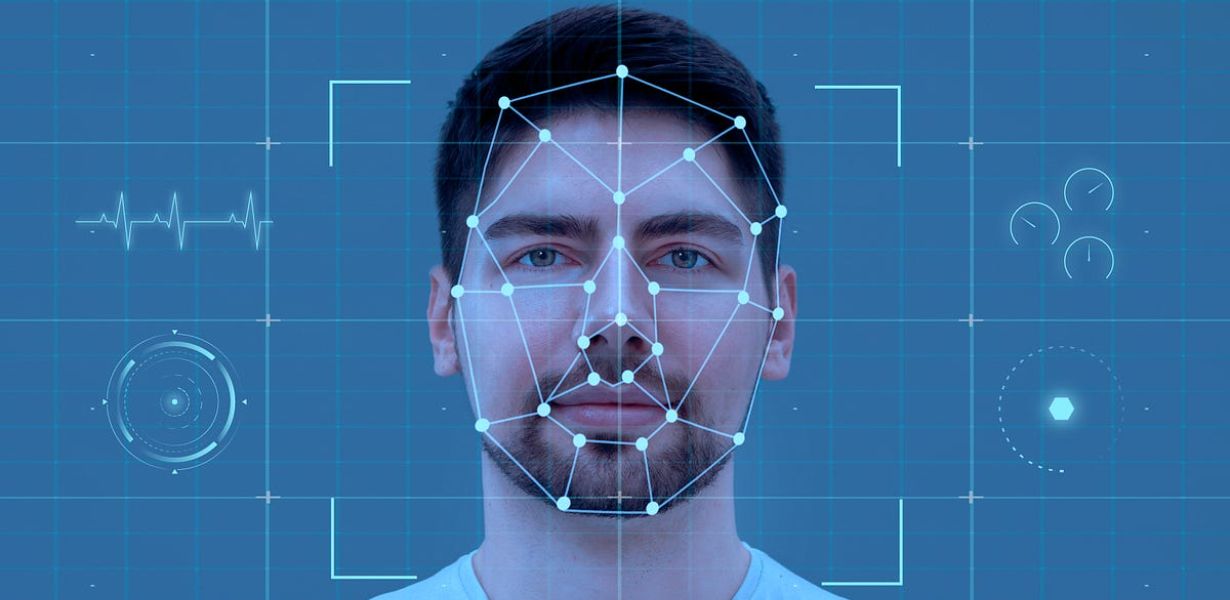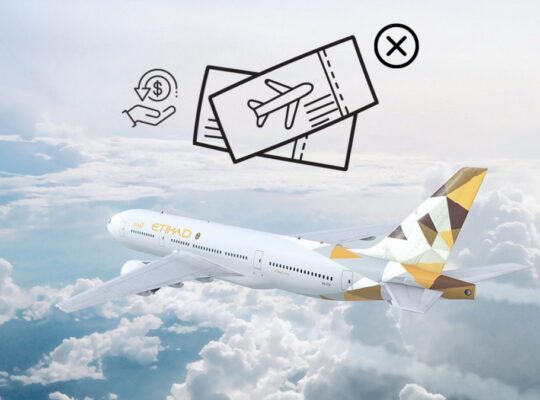The seamless fusion of technology and travel has given rise to a new era of airport experiences. One groundbreaking advancement at the forefront of this transformation is facial recognition. As we delve into the future of air travel, the integration of facial recognition technology promises to redefine the way we navigate airports, offering a smoother, more secure, and efficient journey for the modern voyager.
The Evolution of Travel Security
In the realm of travel security, facial recognition stands out as a game-changer. No longer confined to sci-fi narratives, it has become a tangible reality, revolutionizing how we identify and authenticate individuals. This shift is not merely cosmetic; it's a fundamental transformation in the way we approach airport security.
Facial recognition systems, utilizing biometric data, have proven to be highly accurate and efficient. According to a report by the International Air Transport Association (IATA), airports that have adopted facial recognition technology have experienced a significant reduction in security-related incidents.
Streamlining Check-In Processes
One of the key areas where facial recognition shines is the check-in process. Traditional methods involving paper documents and lengthy queues are gradually making way for a more streamlined and contactless experience.
Enhancing Efficiency and Reducing Wait Times
By employing facial recognition at check-in counters, airports can significantly reduce processing times. Travelers can breeze through check-in points, minimizing the hassles associated with traditional methods. This not only enhances overall efficiency but also contributes to a more positive and stress-free travel experience.
The Role of Artificial Intelligence
Artificial Intelligence (AI) plays a pivotal role in the success of facial recognition systems. The technology learns and adapts, ensuring a high level of accuracy in identifying individuals. This adaptive learning capability makes the system increasingly effective over time, bolstering security measures.
Boarding Gate Revolution: Touchless Boarding
Facial recognition extends its influence to the boarding gate, marking a departure from conventional boarding procedures. The integration of biometric data allows for touchless boarding, where passengers can seamlessly board their flights with a simple facial scan.
A Shift Towards Contactless Travel
In a post-pandemic world, the emphasis on contactless processes has become more pronounced. Facial recognition aligns perfectly with this shift, offering a secure yet touchless solution for passengers. This not only reduces physical contact points but also adds an extra layer of security.
The Human Touch in Technology
While facial recognition brings a high-tech touch to travel, the human factor remains crucial. Airports must strike a balance between technology and personalized service, ensuring that passengers feel comfortable and secure throughout their journey.
Privacy Concerns and Ethical Considerations
As with any technological advancement, facial recognition raises valid concerns about privacy and ethics. Striking the right balance between security and individual rights is imperative. Industry stakeholders are actively working on developing robust frameworks and guidelines to address these concerns.
The Need for Transparent Policies
To build trust among passengers, airports must establish transparent policies regarding the collection and use of biometric data. Clear communication on how this data is stored, protected, and utilized is essential in alleviating privacy concerns.
Collaborative Efforts for Ethical Implementation
Collaboration between airports, technology providers, and regulatory bodies is crucial for the ethical implementation of facial recognition technology. An industry-wide commitment to ethical practices ensures a harmonious integration that respects individual rights.
Travel Tips for Navigating the Facial Recognition Era
As facial recognition becomes a staple in airports, travelers can benefit from a few essential tips to navigate this transformative era seamlessly.
Pre-Register for Biometric Boarding: Many airlines offer the option to pre-register facial data, expediting the boarding process.
Understand Privacy Policies: Take the time to familiarize yourself with the privacy policies of airports and airlines regarding the use of facial recognition technology.
Keep ID Documents Handy: While facial recognition streamlines many processes, having physical ID documents readily available is still advisable for unforeseen circumstances.
Stay Informed About Updates: As technology evolves, stay informed about updates and improvements in facial recognition systems to make the most of the latest advancements.
The Future of Facial Recognition in Airports
As we look ahead, the trajectory of facial recognition in airports seems poised for continued growth. Industry experts predict a widespread adoption of this technology globally, reshaping the landscape of air travel for generations to come.
Global Expansion of Facial Recognition Implementation
Countries around the world are gradually embracing facial recognition as a standard in airport security. The collaborative efforts of governments and private entities are propelling the global expansion of this transformative technology.
Continuous Innovation in Biometric Solutions
The future holds exciting possibilities for biometric solutions beyond facial recognition. Continuous innovation in this space may lead to even more advanced and secure methods of identity verification, further enhancing the travel experience.
Final Words
In conclusion, the seamless integration of facial recognition in airports heralds a new era for modern voyagers. As technology and travel converge, the benefits of efficiency, security, and convenience become increasingly evident. The journey ahead promises a harmonious blend of cutting-edge technology and the human touch, ensuring a travel experience that is both secure and memorable.
Commonly Asked Questions
Q1. Is facial recognition mandatory for air travel?
No, facial recognition is not mandatory, but many airlines offer it as an option to streamline the check-in and boarding processes.
Q2. How is biometric data protected in facial recognition systems?
Biometric data is typically encrypted and stored securely. Airlines and airports adhere to strict privacy policies to safeguard passengers' information.
Q3. Can facial recognition be used for international travel?
Yes, many international airports have adopted facial recognition for both domestic and international flights to enhance security and efficiency.
Q4. What happens if my facial data is compromised?
In the rare event of a data breach, airports and airlines have contingency plans in place. Passengers are promptly notified, and necessary measures are taken to rectify the situation.
Q5. Are there any health concerns associated with facial recognition technology?
Facial recognition technology, when used appropriately, poses minimal health concerns. The contactless nature of the system aligns with the growing emphasis on hygiene in the post-pandemic world.












